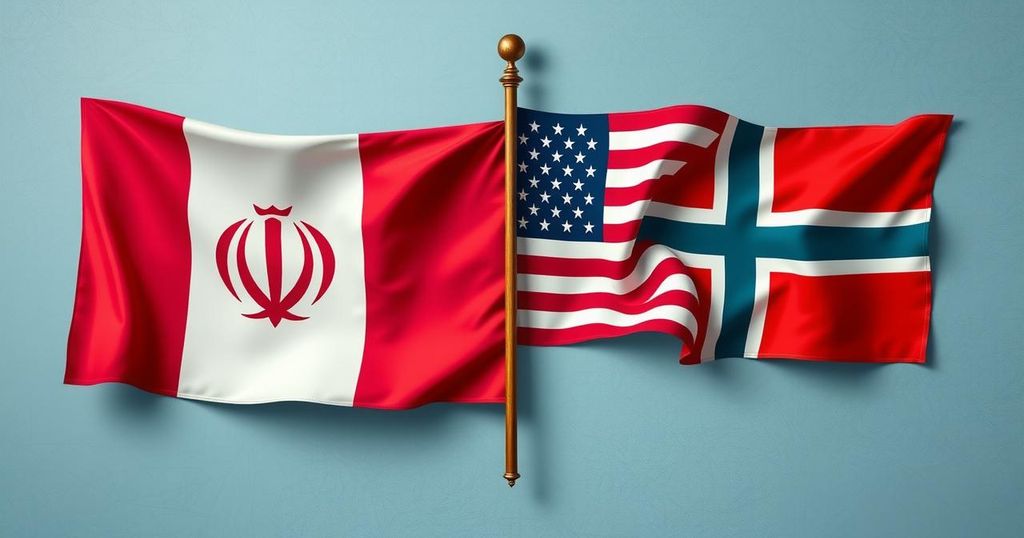Iran has pledged support to Canada, Panama, Mexico, and Greenland against perceived U.S. aggression, following Trump’s controversial claims on foreign territories. In response to Trump’s agenda, Canadian and Mexican leaders criticized these proposals, reinforcing their nations’ sovereignty. The situation exemplifies heightened geopolitical tensions as Iran seeks to position itself as an ally to countries threatened by U.S. policies.
Iran has expressed its commitment to support Canada, Panama, Mexico, and Greenland in the face of what it deems as U.S. aggression and threats. This pledge comes amid declarations from President-elect Donald Trump regarding assertions over foreign territories, including the Panama Canal and Greenland. An official military social media account from Iran stated that the country is “prepared to assist Canada, Mexico, Panama, and Greenland against U.S. aggression and terrorism.” This statement underscores Iran’s positioning as a counterforce to U.S. foreign policy under Trump, which experts warn may embolden adversaries such as Russia and China to pursue their expansionist interests.
Trump’s remarks have prompted criticism from officials in affected countries, particularly from Canadian Finance Minister Dominic LeBlanc, who dismissed Trump’s comments as preposterous. Furthermore, Mexican President Claudia Sheinbaum proposed a counter-narrative by suggesting the renaming of North America to “América Mexicana,” enhancing national pride. Within the context of U.S.-Canada relations, Trump’s criticism of Canada’s defense expenditure raises concerns about sovereignty, as he has indicated intentions to merge Canadian governance into the United States under the premise of national security.
Additionally, political allies of Trump, such as Charlie Kirk, have emphasized the geopolitical significance of Greenland and the necessity for U.S. control over it, citing both strategic and cultural motivations. The geopolitical situation is further complicated by international relations, as Denmark and Panama vocally reaffirm their sovereignty, with Panama’s foreign minister stating, “The sovereignty of our canal… is not negotiable and is part of our history of struggle and an irreversible conquest.” With tensions running high, Canada, along with its allies, faces a growing need to address these aggressive narratives directly.
The backdrop to this development involves a significant geopolitical shift under President Donald Trump, who has openly threatened to assert U.S. control over foreign territories and criticized other nations regarding their military and economic positions. The implications of these threats resonate deeply in international relations, leading to fears of possible military or economic imperialism. Statements from Iranian officials indicate a desire to position Iran as a protective ally to nations potentially threatened by U.S. intervention, fostering further geopolitical tensions.
In conclusion, Iran’s declaration of support for Canada, Panama, Mexico, and Greenland amidst U.S. threats highlights a concerning escalation of geopolitical tensions. The reactions from respective nations indicate a strong commitment to maintaining sovereignty against U.S. aggression. As this situation unfolds, the potential for wider global implications becomes evident, particularly regarding the responses of other superpowers such as Russia and China. The necessity for diplomatic engagement becomes increasingly urgent as nations navigate these tumultuous dynamics.
Original Source: www.themirror.com






